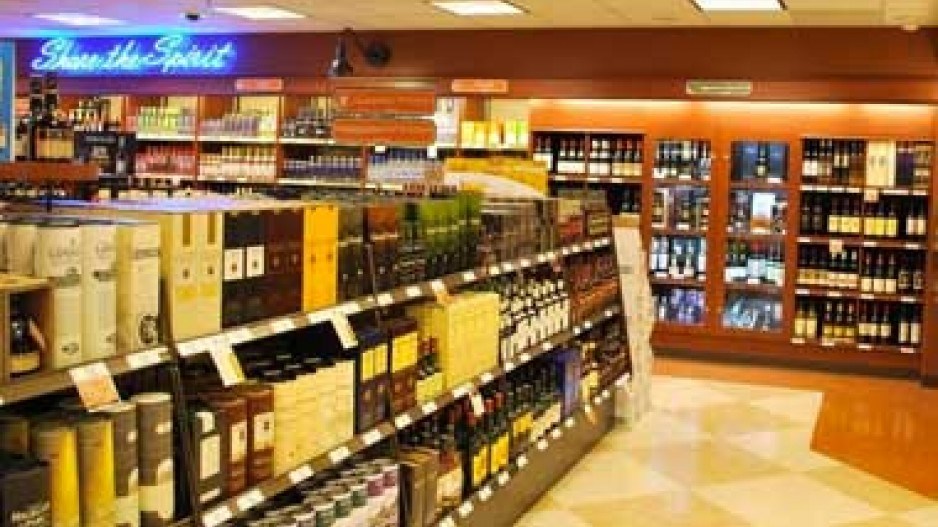More than $3 billion is spent on alcohol each year in British Columbia, and, over the past decade, an ever-increasing portion of that has been spent on B.C.-made wines and beers.
The interest in locally made products has spurred enormous growth in the domestic winemaking and craft brewing industries, creating thousands of jobs and pumping tens of millions of dollars into local economies.
Between 2010 and 2016, British Columbia experienced an increase of more than 200% in the number of breweries in the province, while the British Columbia Wine Institute’s winery membership rose by more than 50% during the same period. This growth has allowed British Columbians to enjoy better, more interesting wines and beers while supporting local businesses and keeping their dollars in the province.
At the same time, businesses have sprung up and grown around the industry. Winery and brewery tour companies show off the makers to locals and visitors alike, wholesalers of supplies and equipment support the operations and sales agencies bring them to purchasers. The knock-on economic effects reach far beyond those directly employed.
British Columbia has had rapid growth in the number of independent distillers, but unlike in winemaking and brewing, few of these companies have progressed beyond startup size. While independent craft B.C. beers now make up more than 20% and growing of the $1 billion that’s spent annually on beer, B.C. spirits make up only a tiny percentage of the liquor sold in the province.
While B.C. has natural advantages in winemaking and brewing, like its outstanding environment for viticulture and proximity to the Pacific Northwest heartland of U.S. craft brewing, the growth of these industries has also been driven by the supportive regulatory framework created by successive B.C. provincial governments.
But it’s a regulatory framework that still hasn’t been extended to include independent distillers.
B.C.’s winemakers and brewers compete against multibillion-dollar international alcohol companies, and the B.C. government has to level the playing field in a variety of ways. For example, B.C. craft beer is marked up at only 35% by the British Columbia Liquor Distribution Branch, yet the products of small, independent B.C. distilleries are marked up at the same 160% rate that’s applied to the products from huge spirits conglomerates.
Margin incentives like this help make handcrafted B.C. beers price competitive with mass-produced brands and allow brewers to maintain wholesale pricing sufficient to invest in the equipment, infrastructure and staff required for expansion. In addition, breweries benefit from a graduated markup system that allows them to make the transition from startup to sustainable, healthy mid-sized businesses.
Brewers are free to source their ingredients from wherever they can find the best products at the best prices. They can use hops from Germany or Washington state, for instance, and grains from Alberta. However, spirits must be made with 100% B.C. ingredients in order to be considered “B.C. distilled.” This requirement is a burden that only distillers bear.
In the United States, sales of independent and craft spirits grew by more than 25% from 2010 to 2015, and there’s no reason to think that B.C.’s distillers can’t do even better when their passion and creativity are supported and encouraged with the same regulatory benefits offered to winemakers and brewers. Closer to home, Nova Scotia implemented margin incentives for its small, independent distillers two years ago, with resulting sales growth of 177% in the first year.
Ideally, the new BC NDP and BC Green Party coalition government will show essential fairness and good sense by levelling the playing field across all segments of B.C.’s alcohol business. This could unlock the potential for growth via new distilleries, new products and more jobs that would pump more money into local economies. •
Adam McDonnell is managing director of Goodridge & Williams Distilling. He was a founding partner of Malone’s Restaurant Group and spent many years at Sleeman Breweries, where he played a key role brokering relationships, creating partnerships and building its business.




